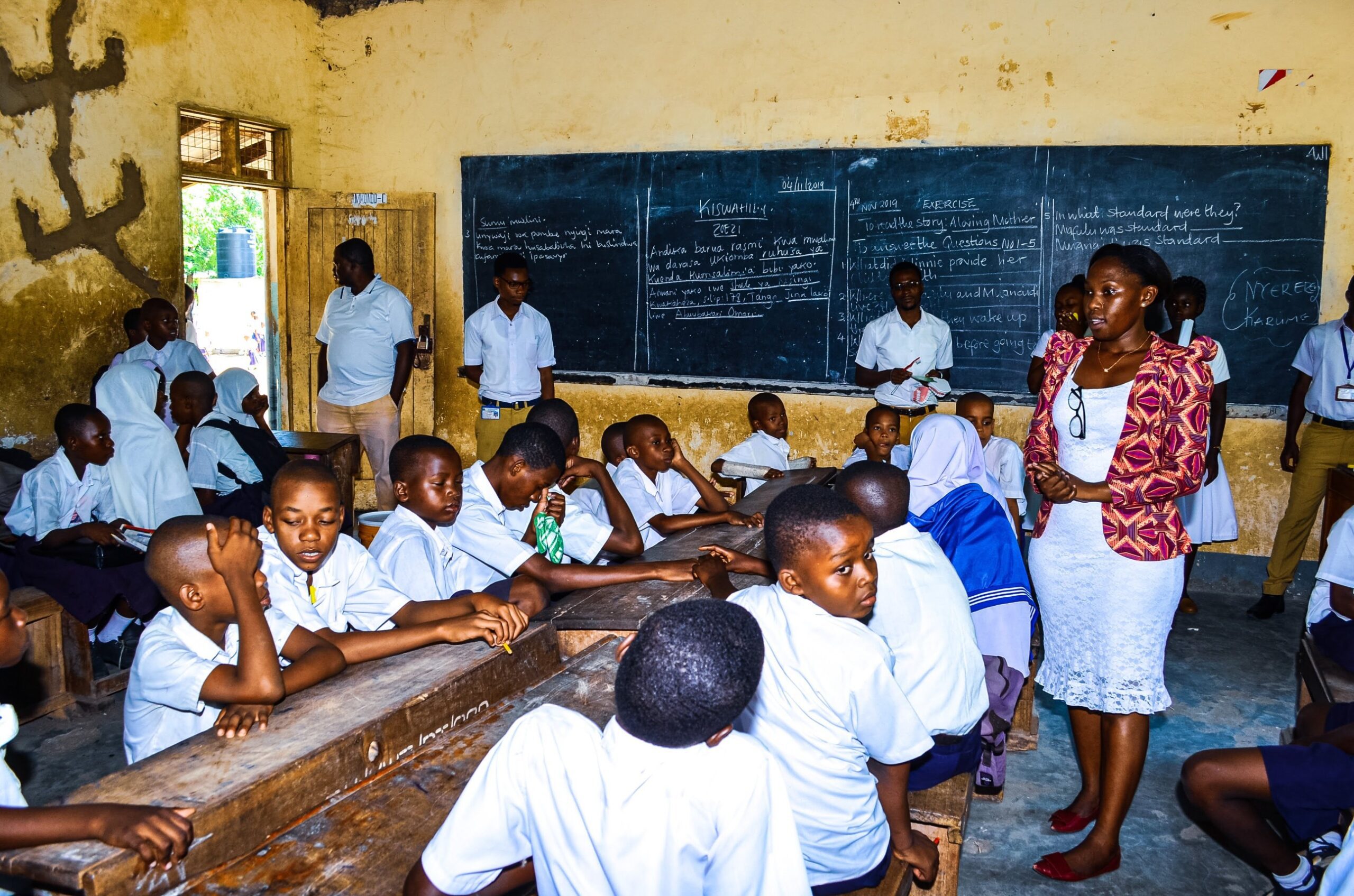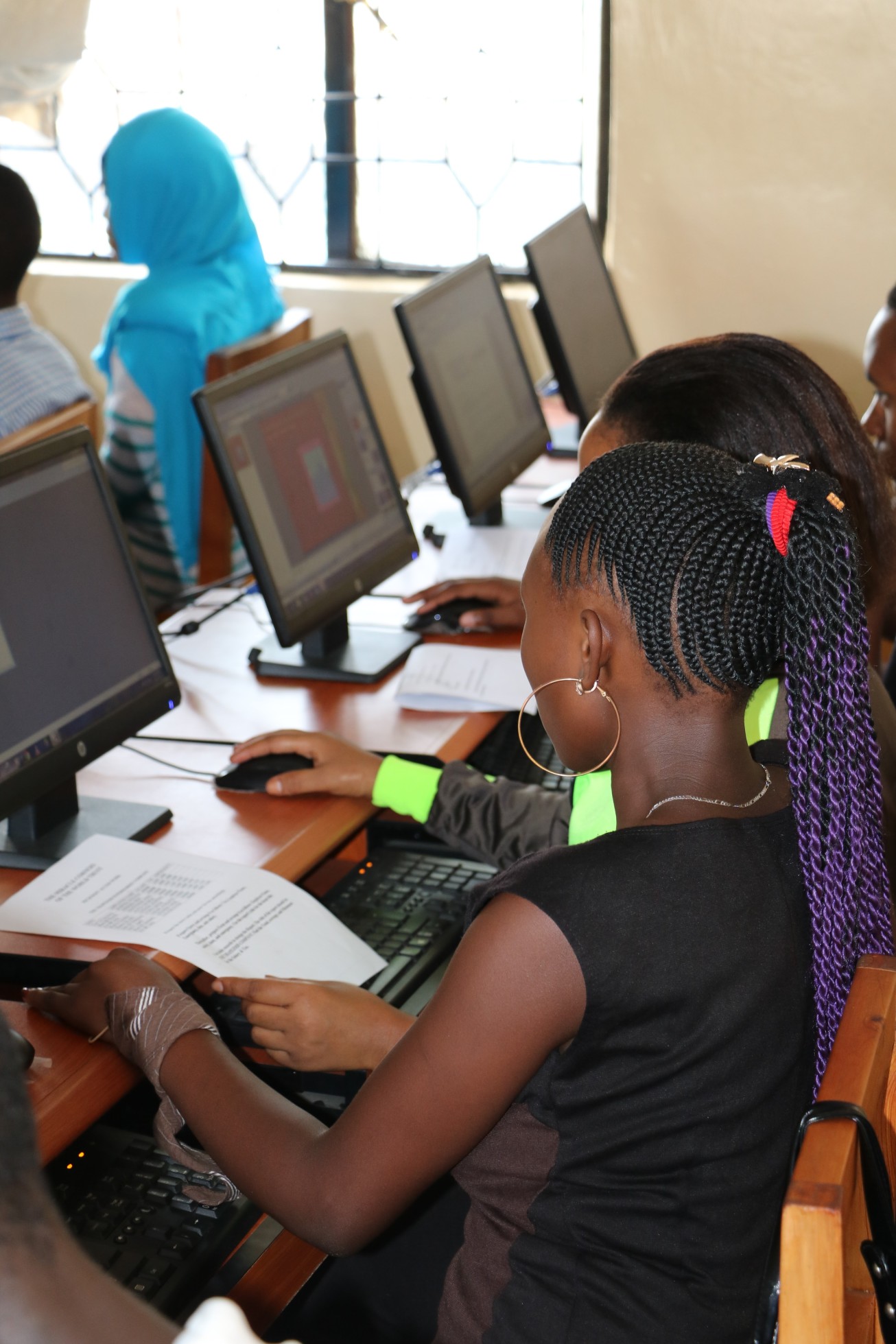Africa Programs.
Literacy Program
MC-Zambia serves the community by providing literacy programs which teach literacy and numeracy to school children and adolescents in Chanyanya and later integrates them into formal schools.
About the program
What is it
Open to both young and adult learners, our literacy program in Zambia, Learn2Learn, aims to help children reach literacy levels required to continue with their education. It also aims to help adults maintain their literacy levels to improve their livelihoods. The program includes public debates, field trips to national parks, and a library.
Contents of the Program
What We Offer

Literacy Program
Despite education being a universally recognized human right, a large percentage of children in Chanyanya lack access to early primary education. As this fishing village strives for economic development and poverty alleviation, young people’s school attendance is jeopardized by the economic ‘opportunities’ that activities such as fishing and early childhood marriage offer them and their families. To curtail this academic regression, MC-Zambia serves the community by providing literacy programs which teach literacy and numeracy to school children and adolescents in Chanyanya.
MC-Zambia works closely with the community and government schools in order to provide a formal linkage. Through this program, MC-Zambia targets out-of-school children and adolescents in the rural community of Chanyanya who did not have access to formal schooling. After teaching them literacy and numeracy, MC-Zambia later formally integrated them into government schools.

Improved Computer Literacy
As the world continues to become ever more dependent on computer technology, the gap between those who engage with and learn using technology and those who don’t is widening. Rural schools are often the last to access modern technology, despite standing to benefit the most. Schools in Chanyanya, Zambia are no less affected.
At present, the national consensus is that ICT is the future of the education system in Zambia. In 2019, the government through the Ministry of Education directed all schools to teach ICT subjects in all government schools. However, this pronouncement came with its own challenges as the government struggles to provide schools with corresponding ICT equipment. Worse still, there are very few teachers with ICT knowledge in Zambian schools. The research carried out by MC-Zambia and other partners reviewed that only two teachers in the seven schools had ICT knowledge but were not qualified to teach ICT in their respective skills, so most of the
teachers only teach what they can manage; this has affected the performance of the learners. It is this particular problem that MC-Zambia’s Improved Computer Literacy Project seeks to address.
MC-Zambia works with a schools in Chanyanya under this project. The goal of the initiative is to improve computer literacy in schools by training teachers in ICT in order to enhance the teaching of ICT for the children and youth that they teach. Recent projects have done so in collaboration with the Computer for Zambian Schools’ organization who conduct ICT Training for free to train teachers in computer and leadership skills. In doing so, teachers improve their understanding of ICT as a subject as well as their capacity to take a leading role in spearheading the formation and management of functional computer labs within their respective schools. As a result, the ICT literacy of their students is enhanced and their ability to participate in the digital world is strengthened.
